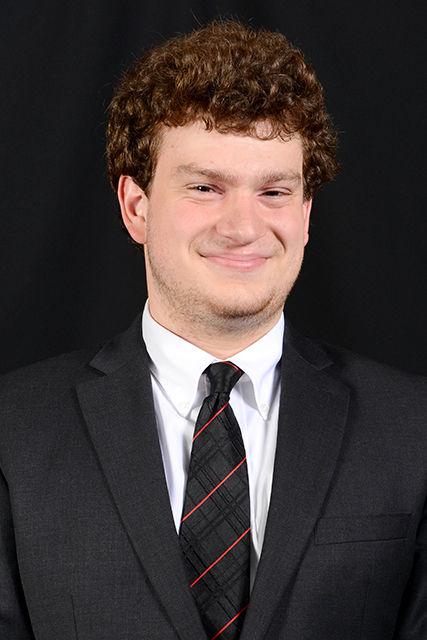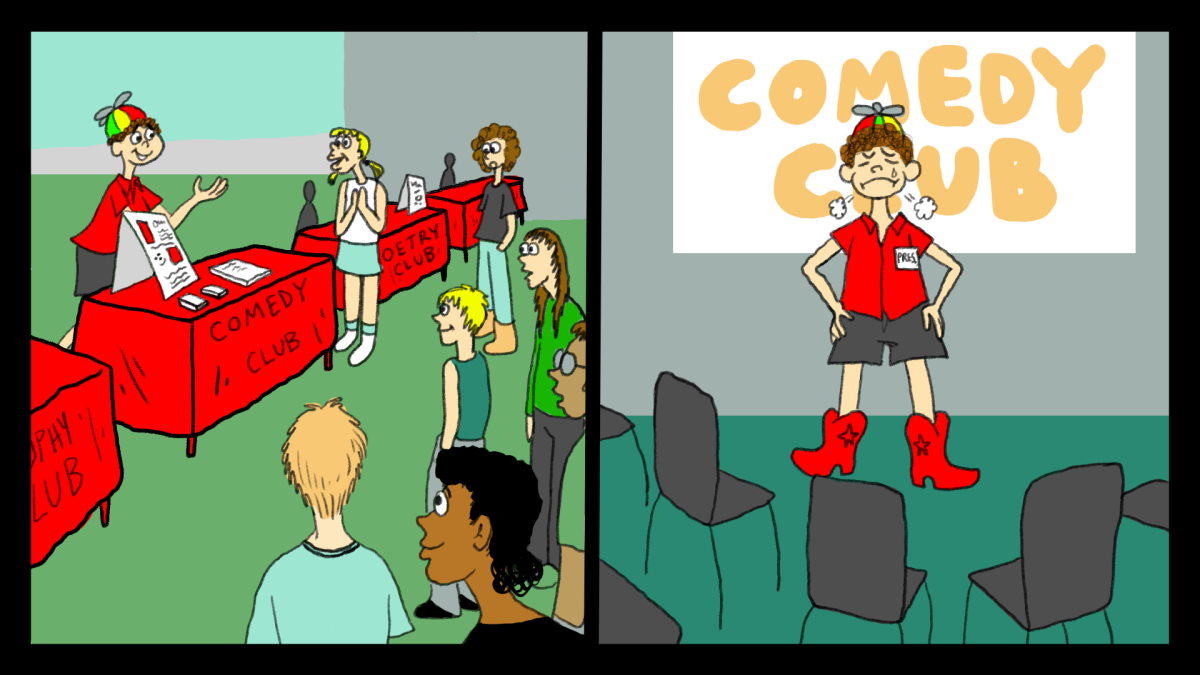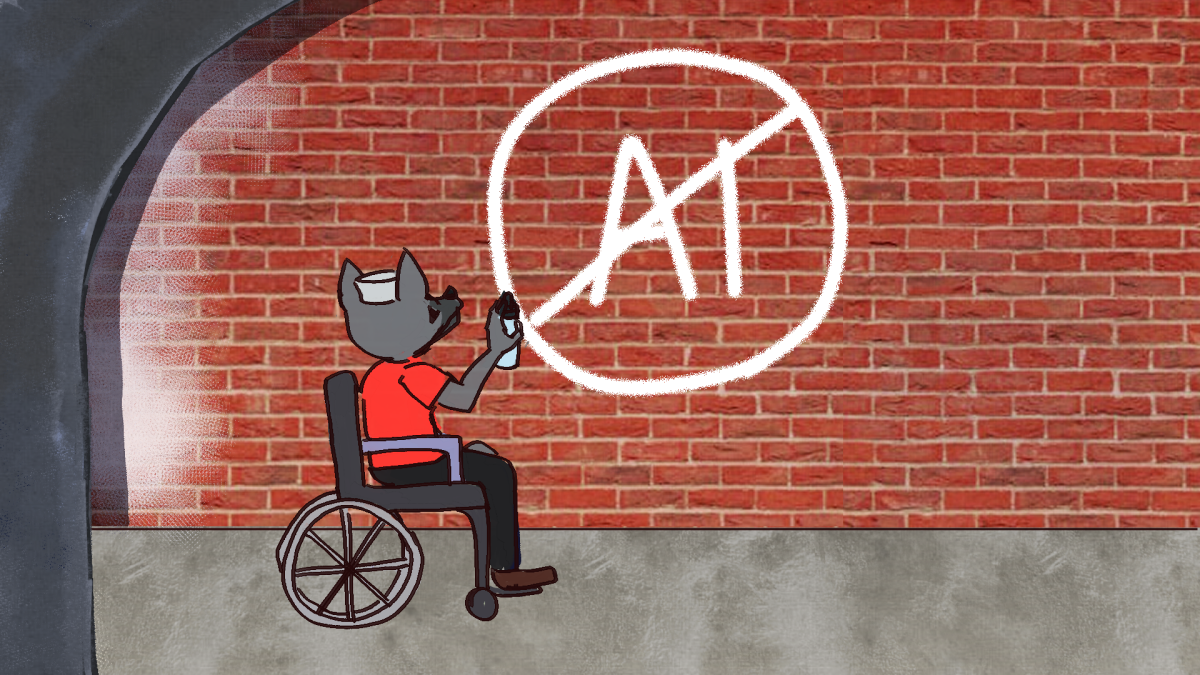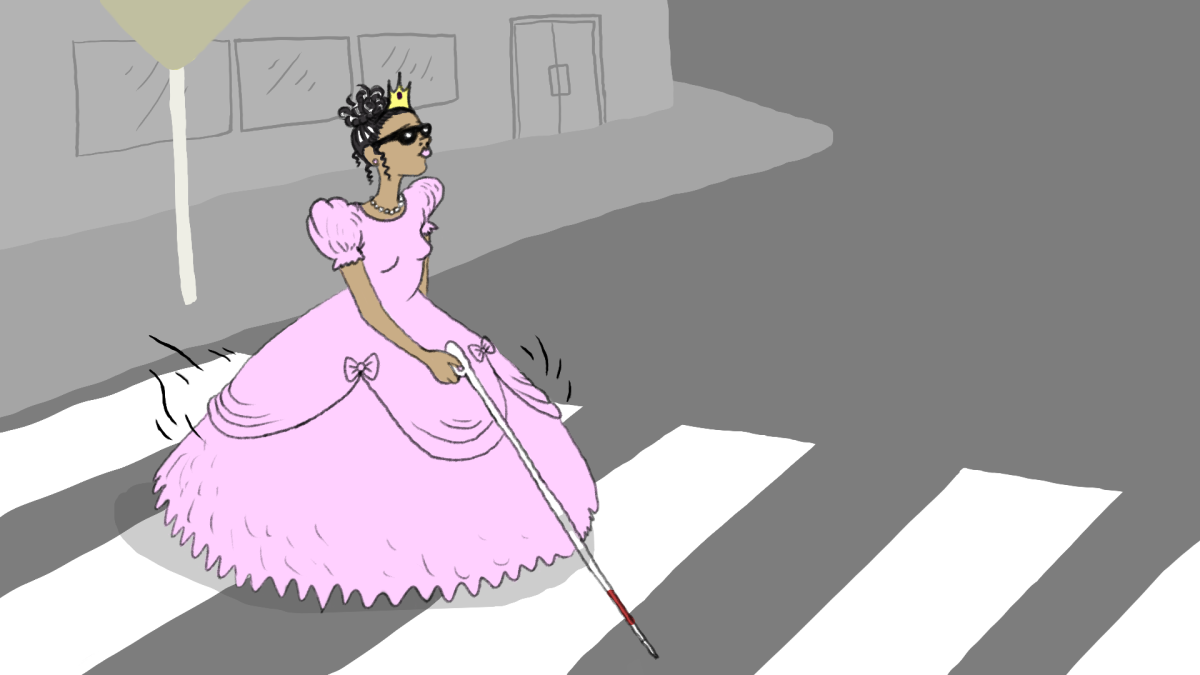We have fetishized the persona of the leader. From a historical perspective, our image emerges as a composite of several constituents: the hero of Greek mythology, the savior of Christianity and of course the noble and hard-working entrepreneur of the capitalist ethos. The synthesis of these factors is manifested in a pervasive sense of elitism among the class of leaders. In other words, leadership is positively defined based off of extraordinary merit in skills valued by society or the market. Or, as William Deresiewicz phrases it in a recent Harper’s article, “Neoliberalism, which dovetails perfectly with meritocracy, has generated a caste system: “winners and losers,” “makers and takers,” “the best and the brightest,” “the whole gospel of Ayn Rand and her Übermenschen.”
But as with anything, we should not accept this notion blindly; instead, we ought to shine a critical light on it and contextualize it within our student experience. We are surrounded by the use of the buzzword “leadership.” The Center for Student Leadership, Ethics and Public Service’s (CSLEPS) leadership development series is one piece of evidence representing the institutionalization of this value.
In this installment of a broader series on developing a sense of student leadership, the topic of discussion will be the most conventional incarnation of the leader: the administrator. Characterizing this archetype is therefore very easy due to its relative familiarity. The concept emerges as an analog to ancient phenomena: the general and the monarch. A general commands his obedient soldiers to go into battle just as a monarch declares with divine authority the law of the land. In the modern world, these examples are still relevant since we continue to glorify people like Napoleon, Washington and Caesar.
The authoritarian nature of an administrator is intertwined with the practical institutions of the hierarchy. A general and a monarch are logistically incapable of commanding large volumes of subjects; this in turn necessitates the presence of lieutenants and vassals who conform to the demands of their superiors and oversee the actions of their inferiors. Similarly, the academic chain of command is headed by a chancellor/provost/president that administers a legion of directors, assistants and students.
So, this forces us to ask: What is wrong with the conception of a leader as an administrator? In short, the exercise of administrative power constitutes an act of oppression.
As Paulo Freire said, “Authority must be on the side of freedom, not against it.” In the case of administrative leadership, authority is overtly on the side of oppression and exploitation. When orders are distributed from top-down, the leader imposes his/her own will and respective ideology on the led. The system rewards and promotes those who adhere and obey while ostracizing those who defy; the decisions of those within the system cannot be done out of free will, but rather, a desire to survive.
Consequently, this system incentivizes the followers to internalize their oppression, thereby causing them to emulate and replicate the ideology of their oppressors. This is readily apparent hierarchical leadership structure; those who personify the ideological views of an organization will move up the pyramid. Therefore, because these people have been awarded by the organization, they are more likely to justify the existence of it — e.g. the bureaucracy as a self-perpetuating institution. This seems counterintuitive, as these groups persist for their own sake and not based on their merit to fulfill legitimate social needs or liberate the oppressed.
By acting antithetically to democracy, this style of leadership impedes the development of a culture of plurality that is essential to critical thought. When people confront restriction in their ability to think critically and develop a consciousness of their situation, they cannot truly become free and, thus, more fully human.
Less explicitly, we see this manifest in student leadership development such as “consensus building” or “vision sharing”; the former attempts to construct a solution to an organizational problem, while the latter attempts to existentially define the nature of such a student organization. These practices might seem good on paper; however, in this pseudo-democratic system, the objective is not dialogue, but rather to win the race to a conclusion. Anybody who detracts from this is seen as subversive rather than just different. Any solution is more valuable than the best solution. This results in a soft form of censorship that silences ideas perpendicular to the majority opinion.
So, reader, the next time you find yourself in a student-leadership training session, ask yourself — or even be audacious enough to ask the trainer — why am I learning this? What type of leaders are they trying to form here? We can either be passive consumers of NC State’s educational products, or we can take an active ownership over our personal and intellectual liberation.








